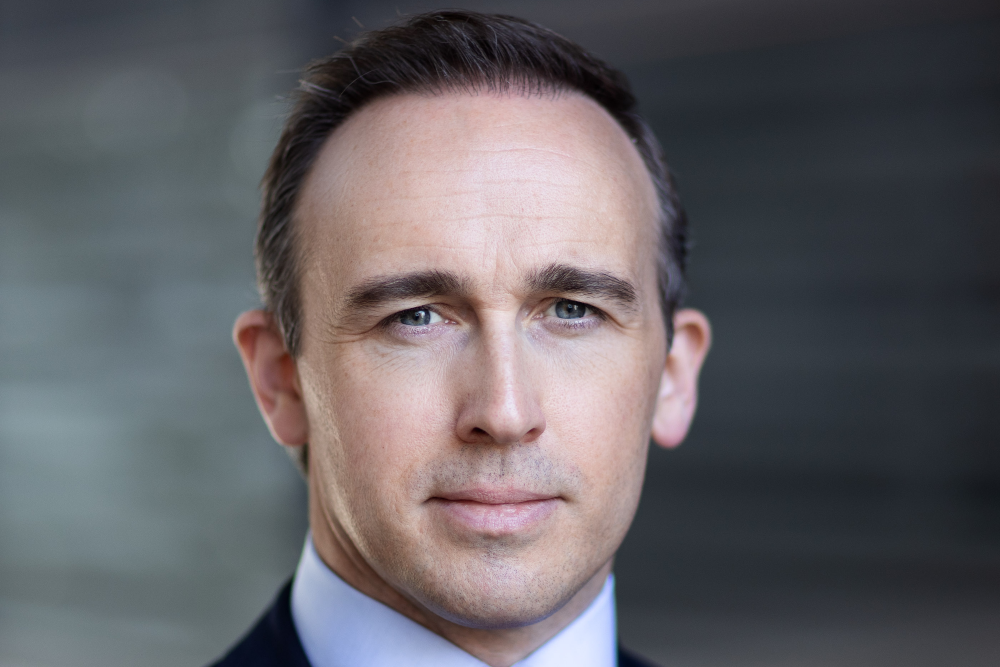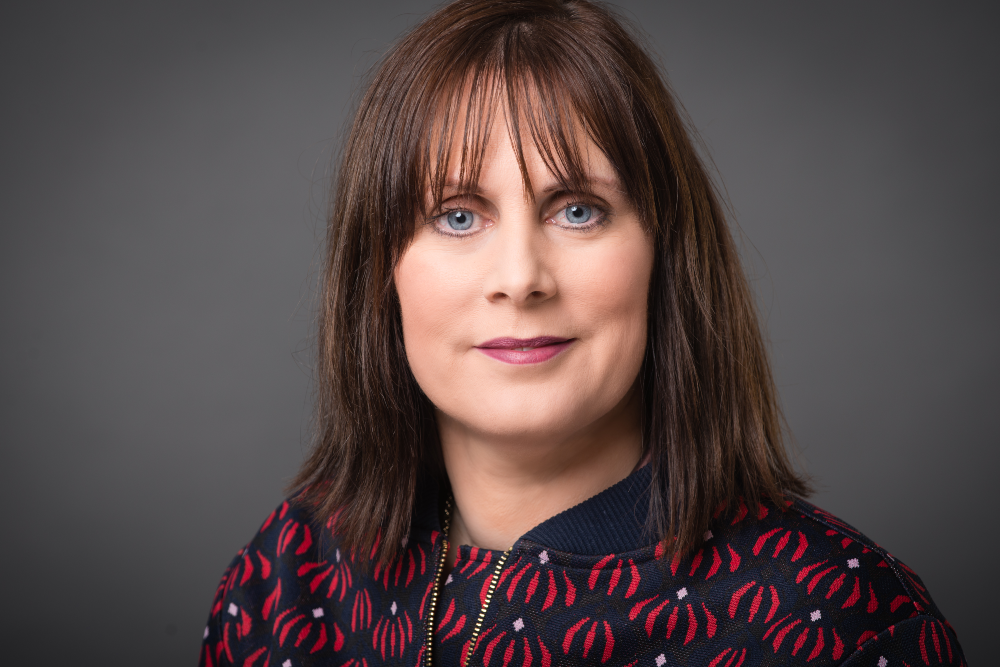Normalising anxiety is the first step in managing it, that’s just one of the ways the Ease Project’s interactive workshops that blend music with visuals helps students. Ease Project founder Boris Hunka talks to Think Business about tackling the teenage health crisis that is anxiety.
What is the Ease Project?
It brings two elements together, music workshops and therapy. We realised that if you bring certain musicians who play music teenagers want to hear, you’ve got a very high level of engagement. On the mental health side, we realised there was a spike in anxiety levels and a problem reaching kids to give them tools to manage it. Bringing those two elements together is the Ease Project in a nutshell. We use music and musicians as a way of delivering content to give kids the tools for dealing with anxiety.
How did the Ease Project come about?
I’d been running music programmes since 2013 but simultaneously I’d also trained and was practicing as a psychotherapist and had worked in student counselling centres. I was in a unique position; I had seen both sides of the problem. Because I was in a management role on the music side, I was in a position to bring the two together and trial it.
“We use music as a way of delivering content to give kids the tools for dealing with anxiety”
What makes the project unique in dealing with anxiety?
In the Student Council, we were seeing anxiety manifesting itself three, four or five years down the line, with maladaptive responses. Young people were dealing with anxiety in ways they’d learned but which were destructive to them. The project became about catching them before that happened.
It is about reframing anxiety; it’s not a disease, it’s part of the human condition. It’s not something you can cure or make go away. Giving young people ways to deal with anxiety, harness it and understand it. Once you know what’s happening, it becomes less scary. Reducing the fear around it, reduces the knock-on effect. It is a simple idea of giving people an understanding of bringing anxiety from the scary part of the brain into the rational part.
What challenges did you encounter and how did you overcome them?
With any new idea, you’ve got a challenge of buy-in, of trying things out, of getting the evidence base you need to get people to trust you. A new idea is a hard idea to sell because it’s new. We had to start quite small with one or two schools we’d been working at already and grow it that way by building an evidence base. Once you’ve got a track record you can build off that. The hardest thing is getting onto that first rung.
“It is a simple idea of giving people an understanding of bringing anxiety from the scary part of the brain into the rational part”
What supports did you receive and how did they help?
In the very early stage we were given a youth mental health award from Social Innovation Ireland, which was useful in terms of trust and credibility. We got the Social Entrepreneurs award about six months later. Their main usefulness was that schools were much more open to the idea. There were also some financial supports that came with it for business development. The optics of the awards were as useful as the practicalities. From there we received some funding for equipment. Since then we have been building it school by school.
How have you navigated Covid-19?
Our model is based on going into schools to meet groups of up to a hundred people. From March, the whole model fell apart. Now we’re in a situation where the need for the programme is greater than it’s ever been but the means of delivering it has been completely curtailed. We spent a lot of lockdown developing content online, which we can use for a revised model incorporating livestreams for smaller groups and a more bespoke, individualistic approach. Schools have a lot of logistical issues to sort out before they’ll be thinking about projects like ours. We are holding back until the middle of this month before starting the conversation about how we can best integrate with what’s happening in schools.
“If you only focus on funding and take a more business-minded approach, you lose the essence of what you’re trying to do”
What advice would you give on setting up a social enterprise?
It’s a mix of jumping off the cliff because if you don’t you will never see if you can fly and building it up slowly so that the supports are there. At some point, you have to put your head above the parapet and say right I’m doing this and be prepared that once you do, people will agree and disagree with the approach. There are a lot of other approaches but as long as you’re confident enough in your own idea, then you can keep moving forward and you’re protected from that.
Is there any advice you received that really helped?
We were fortunate to have a lot of different input from different sources. The people doing similar things but further down the line were the most useful. It was quite reassuring because we realised people had the same struggles as us.
The support between different social enterprises has been very helpful and reassuring. In the social sphere, there’s definitely a sense that no one’s in competition with each other. There’s a lot of mutual support, that’s been a very nice part of the process.
“Once you’ve got a track record you can build off that. The hardest thing is getting onto that first rung”
What are you most proud of?
Creating something from nothing is in itself satisfying. If you can point to things which wouldn’t have happened without your agency in it, I suppose that’s a point of pride.
What is the biggest lesson you’ve learned?
One of the main lessons is that it’s all about the funding but the other is that it’s not all about the funding! If you only focus on funding and take a more business-minded approach, you lose the essence of what you’re trying to do. How one navigates the relationship between those two things is vital.
Interview by Olivia McGill
Published: 2 September, 2020
-
-
Bank of Ireland is welcoming new customers every day – funding investments, working capital and expansions across multiple sectors. To learn more, click here
-
Listen to the ThinkBusiness Podcast for business insights and inspiration. All episodes are here. You can also listen to the Podcast on:
-
Spotify
-
SoundCloud
-
Apple
-
-






